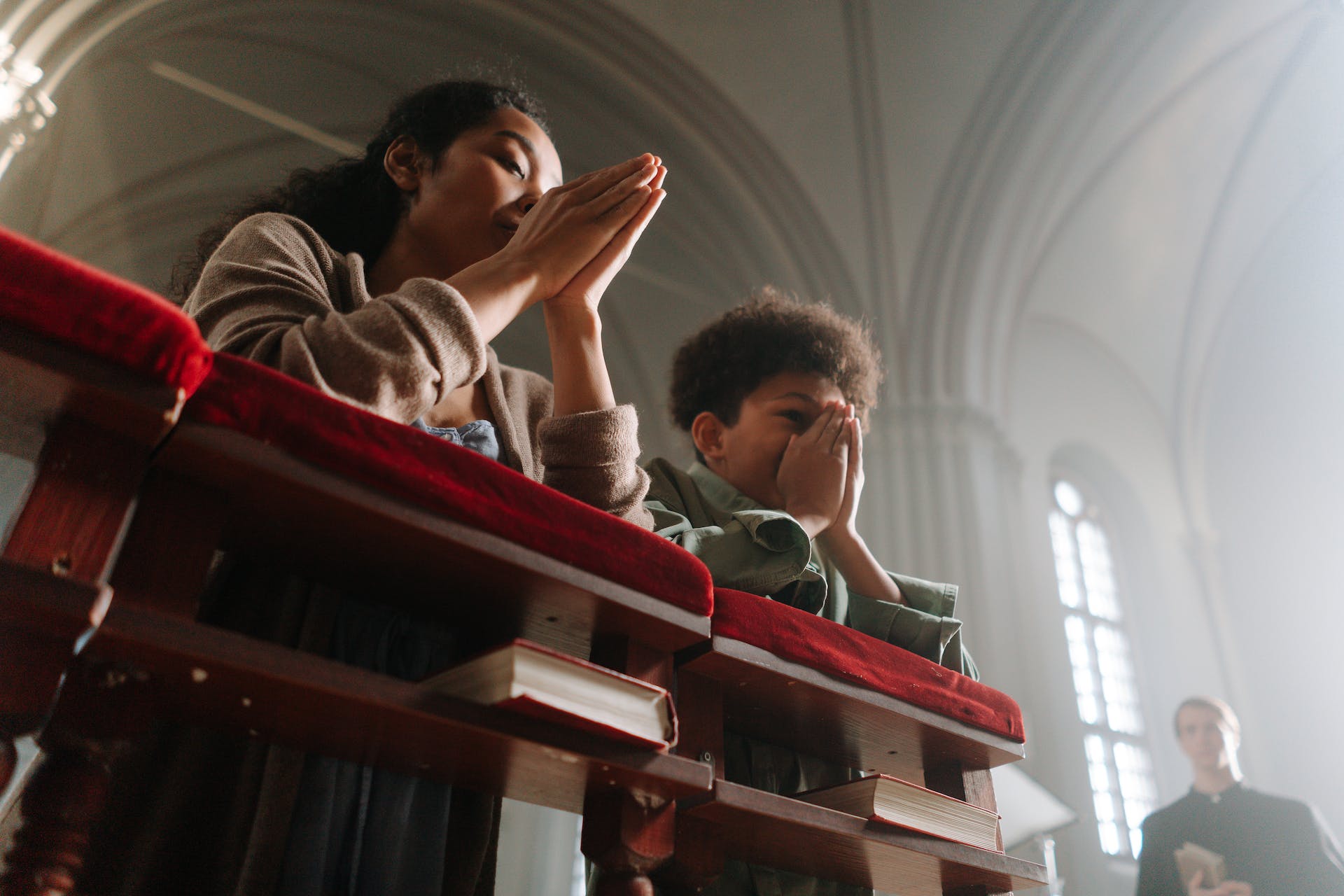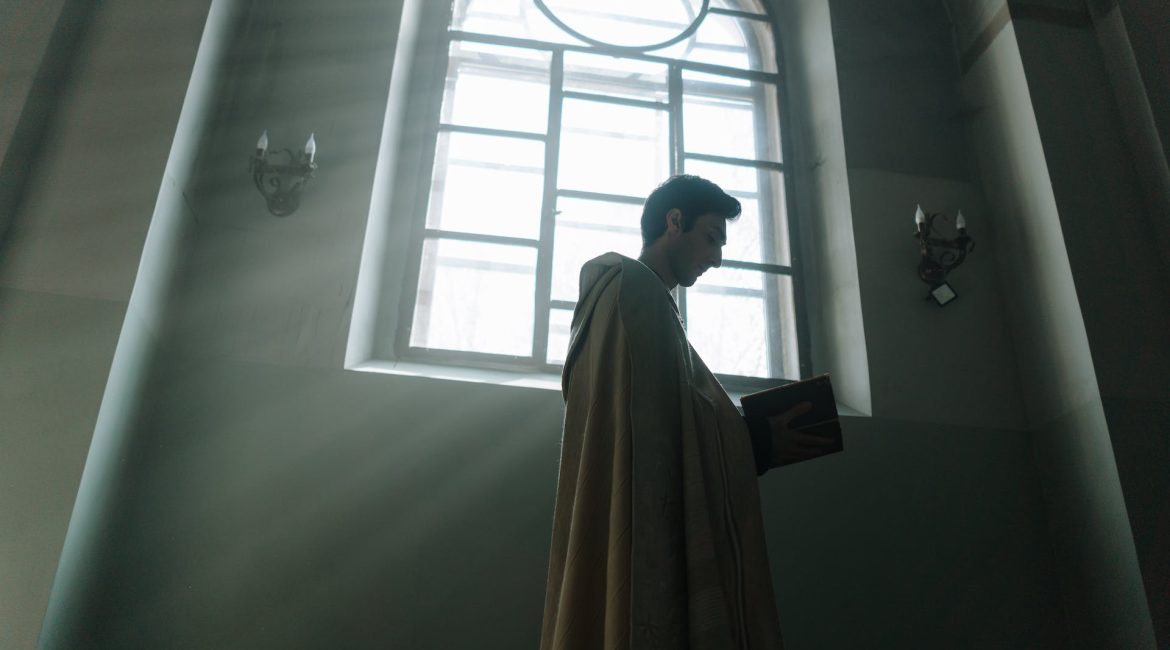The Vatican has issued a groundbreaking statement affirming that transgender individuals can participate in the sacraments of baptism and can also take on the role of godparents within the Catholic Church. This move, approved by Pope Francis, is part of an ongoing effort to make the Church more inclusive, especially towards LGBT individuals.
Guidance with Conditions
According to the Church’s doctrinal office, transgender individuals are welcome to these sacraments provided their participation does not lead to public scandal or confusion among the faithful. This stipulation aims to balance inclusivity with the Church’s traditional teachings.
Priestly Discretion
The new guidelines do, however, allow priests the discretion to decline transgender individuals as godparents if it is believed that their participation might cause “scandal, undue legitimisation or disorientation in the educational sphere of the church community.”
Inclusive Yet Cautious
While the Vatican’s stance is a significant step towards inclusivity, the responses to other issues posed by Brazilian Bishop José Negri, such as the baptism of children of same-sex couples, remain nuanced. The Vatican holds that such cases require a “well-founded hope” that the child would be raised in the Catholic faith.

A Mixed Response
Responses to the Vatican’s announcement have been mixed. American Jesuit priest Fr James Martin, an advocate for LGBT rights, lauded the move on X (formerly Twitter) as an important step in recognizing transgender individuals as not only people but also as Catholics.
Balancing Act
Despite this progress, the Church maintains its traditional view on same-sex relationships, terming them “objectively sinful” and reiterating its stance against same-sex marriage. However, the Pope’s suggestion that same-sex couples could receive blessings from priests underlines a nuanced approach to pastoral care.
Looking Ahead
The Vatican’s updated guidance signals a shift towards greater acceptance, navigating the complex intersection of faith, doctrine, and modern societal values. As the Church grapples with these issues, the eyes of many will be on how these guidelines are implemented on the ground by clergy and laypersons alike.
©loveinclusion.org





